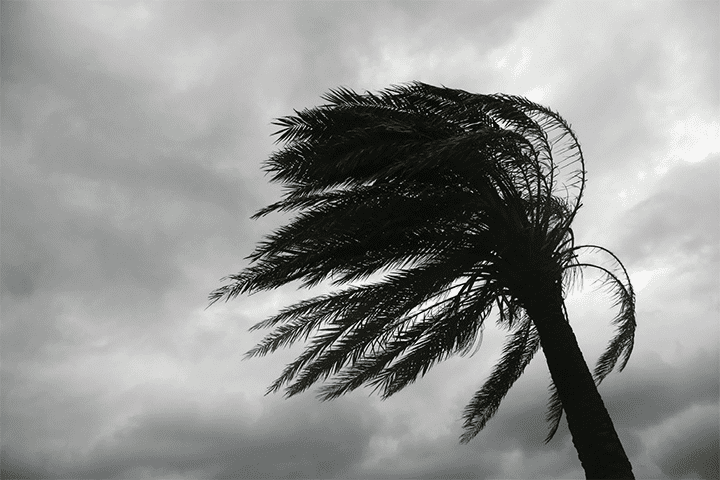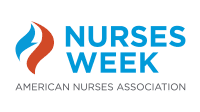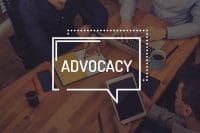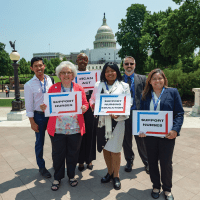To: Ethics inbox
From: Fired in Florida
Subject: Disaster response
I am a registered nurse in Florida and have worked at a local hospital for over 10 years. Last fall, I was terminated because I was unable to report to work during Hurricane Irma. During the evacuation, I packed up my family and went to Atlanta for our safety. I cannot believe I was fired. How can this happen?
From: ANA Center for Ethics and Human Rights
I am sorry to hear about your loss of employment. I hope that you and your family remained safe and did not suffer any other losses.
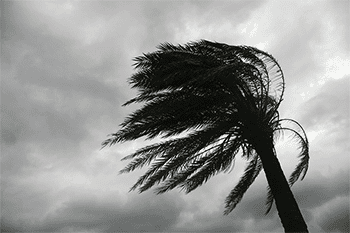 Many nurses in disaster situations wonder if there is an ethical obligation or legal duty to remain and care for patients. The Code of Ethics for Nurses with Interpretive Statements, Provision 2, (nursingworld.org/code-of-ethics) infers that the nurse’s primary commitment is to the patient. Yet, Provision 5 of the Code states that nurses owe the same duty to themselves as to others. This ethical conflict is especially prominent during disasters, when nurses are asked to put themselves in harm’s way to provide care for critically ill or injured patients, often for extended periods of time.
Many nurses in disaster situations wonder if there is an ethical obligation or legal duty to remain and care for patients. The Code of Ethics for Nurses with Interpretive Statements, Provision 2, (nursingworld.org/code-of-ethics) infers that the nurse’s primary commitment is to the patient. Yet, Provision 5 of the Code states that nurses owe the same duty to themselves as to others. This ethical conflict is especially prominent during disasters, when nurses are asked to put themselves in harm’s way to provide care for critically ill or injured patients, often for extended periods of time.
Ethics certainly are not black and white and in a disaster situation, they become even more blurred. These are critical moments when nurses must make a choice based on personal moral grounds. The choice that you made for your family is not right or wrong, and is one that you made based on your own personal moral beliefs.
The important factor in these situations is the communication between employer and employee. Hospitals, healthcare organizations, and healthcare providers need to understand work-related expectations during times of disaster. Communication regarding commitment and availability to provide care must be done in advance of disaster situations, including the potential for termination if employer obligations cannot be met. These are important conversations to have when seeking employment and upon hiring. Nurses must be proactive when addressing these issues and must drive decisions regarding the conflict between the nurse’s duty to care and the duty to self.
It also is important for nurses to know the legal obligations in their state of practice. Some states have implemented laws that require healthcare providers to respond, and refusal to comply can be punishable. This approach often feels uncomfortable for nurses, particularly when other assurances for professional and personal protection are lacking in disaster settings. It is important for employers to create, maintain, and consistently improve disaster plans that help meet the healthcare needs of the community with a system that protects registered nurses and other employees or volunteers.
When searching for a new employer, it will be important for you to know the emergency response plans and state and local disaster preparedness expectations. Florida is prone to hurricanes and you may likely face this situation again. As an essential responder, you must be personally and professionally prepared in the event that you are called upon.
— Response by Liz Stokes, JD, MA, RN Director, ANA Center for Ethics and Human Rights
Do you have a question for the Ethics Inbox? Submit yours at ethics@ana.org.
Additional resources
American Nurses Association Issue Brief. Who Will Be There? Ethics, the Law, and a Nurse’s Duty to Respond in a Disaster. 2017. nursingworld.org/~4ad845/globalassets/docs/ana/who-will-be-there_disaster-preparedness_2017.pdf
Institute of Medicine. Guidance for Establishing Crisis Standards of Care for Use in Disaster Situations. 2009. www.nursingworld.org/~4ad845/globalassets/docs/ana/stds-of-care-letter-report-2.pdf
23-30 Frontline

